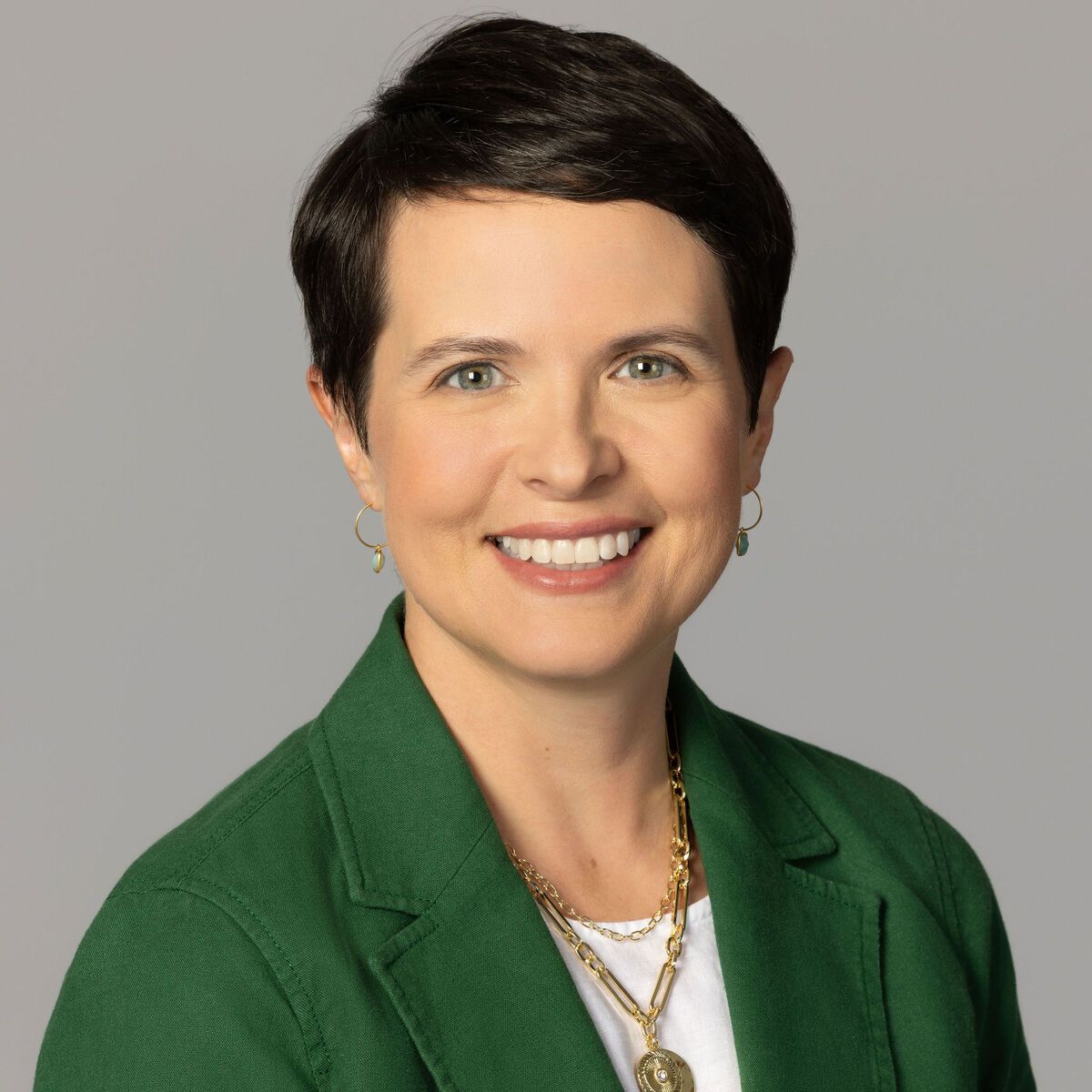How often have you found yourself looking for just the right piece of information, or feeling that you need to gather still more and more information before you can move forward?
It is easy to believe that once you know exactly what to do, you will work your way out of a problem or finally get the result you seek. But sometimes we find that this is not working. Watching another webinar, even if you have taken careful notes, still requires you to go back later, find those notes, reconstruct what you were thinking at the time, and then carve out time to take action.
From the very beginning, when I started Wise Investigator I focused on walking clients through the process of physically confronting what needed to be done, rather than simply dictating what to do.
Yes, there are many actions that clients must take themselves. However, breaking down those actions, putting them in the right order, and making each step manageable is a different type of support. It requires providing real-time help to get questions answered and structuring the process so it fits around the realities of your schedule and other responsibilities.
Q: What does this really amount to?
A: It comes down to physical, real-time implementation.
Wise Investigator has a unique curriculum. Of course, there is knowledge that we share via the program. That is what I call the hidden curriculum of research funding. Our intention has never been to keep information from people or share it only sparingly. In fact, that is why we publish so many free resources.
Over the three years that we have been working with clients, it has become increasingly apparent that the real need today is not more information. The real need is support with execution – getting it done.
The information landscape is shifting dramatically. Not long ago one could not turn to a tool like ChatGPT and get an instant answer. We were still searching the Internet on our own. Today information is far more accessible – ”cheaper,” if you will, and yet the value of what Wise Investigator provides has not decreased. If anything, it has increased – precisely because we prioritize implementation.
This is where most people get stuck.
We already know there are many things we could be doing. An analogy is physical fitness. If you want to improve your fitness, you can exercise more. There are some people who can download a workout plan from the Internet, start following it, and stay with it. But if that was easy for everyone, there would not be so many personal trainers in business and not as much demand for fitness classes.
The reality is that implementing new habits is hard: fitting new actions into an already full schedule, having information but not knowing how to apply it to a specific situation, or presenting a unique context that familiar wisdom does not address. It can also be about support: feeling that an experienced coach is with you through the process and having someone to consult with when questions come up between formal meetings.
Please reflect on what this means for you.
Are you frustrated because you have gathered information but still have not taken action on it? Do not punish yourself for that. It is completely normal. Today, many people have things reversed. They are trying to gather more and more information, believing that once they have enough, the implementation will take care of itself.
I think it should be the other way around:
Think about how you can locate the right support for implementation;
And how you are going to execute your plan;
Knowing that you can rely on much of the information you already have; or
That you need only to locate specific pieces of additional information; and
You surely do not need more information about everything.
If your progress feels slower than you would like, ask yourself what aids you can put in place for implementation. Do not respond by simply collecting more and more data. Instead, consider what kind of structured, practical help will make it possible for you to be successful with what you already know.
Knowing is not enough; we must apply. Willing is not enough; we must do.
Important mindset shifts for new assistant professors
Are you a new assistant professor (or soon to be) navigating the shift from solo contributor to research leader? In the fourth video of my 7-part series, I cover how to move from perfectionism to iterative improvement by adopting a “fail fast” approach. You will learn how to submit proposals that are good enough rather than endlessly tinkering, and how to use reviewer and program officer feedback and even declines as fuel for improvement. You will also hear practical guidance on setting annual submission targets and finding a healthy balance between rushing and over polishing so that you can increase your chances of funding success.
When you are ready, here’s how we can help
Need to get your research funded, this year? Check out our 12-week program to get you there.
Check out our storefront where you can access our free Unlocking DOD Funding for University Researchers course and other resources, including for faculty applicants.
Ready to book a call to discuss how our program can support faculty at your institution? Let’s chat!

